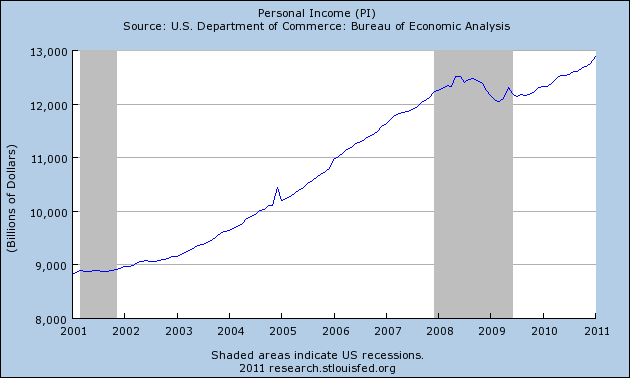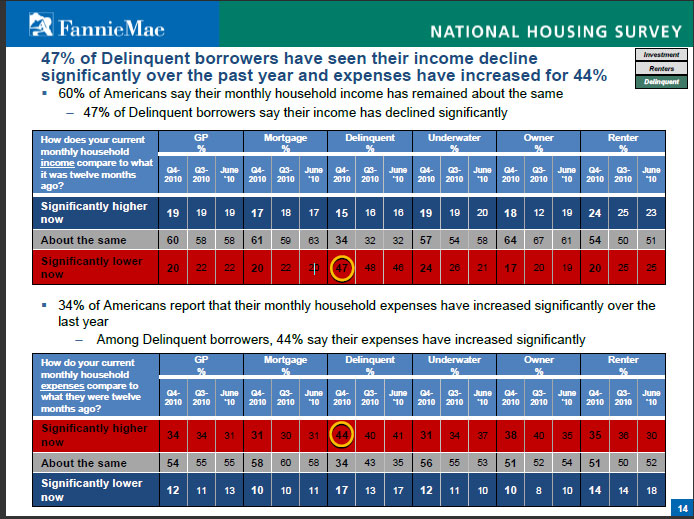As the mainstream press becomes more aware of gold’s decade long advance, the chorus of reasons for not owning gold seems to become louder ever day. What if the conventional thinkers are correct? Is gold an over owned and over priced asset that was run up by uninformed investors who are now on the verge of incurring steep losses?
With an open mind, this writer decided to dispassionately review the reasons for NOT owning gold. I read numerous articles detailing why gold is a bad investment, why it should not have increased in price and why it is certain to disappoint investors. At the conclusion of my reading exercise, it became obvious that there are, in fact, reasons why gold should be avoided.
I have listed, in no particular order, nine sound reasons for not owning gold. If you believe that the following events will occur, there is absolutely no reason to own gold, other than perhaps an occasional jewelry purchase.
- The Federal Reserve and other central banks worldwide will institute sound money policies that eliminate inflation and maintain the purchasing power of their currencies.
- The world economy is on the verge of a golden era of long term, uninterrupted real economic growth.
- The risk of default by over indebted nations, businesses and consumers will disappear as the world economy enters a period of high growth.
- The return on competing assets such as real estate, bank savings, stocks and bonds will all exceed the return available from holding gold, a non income producing asset.
- The rate of inflation will remain minimal.
- The benefit of gold’s negative correlation in a portfolio will become unnecessary due to the elimination of black swan events by world governments.
- The price of oil and other commodities will remain stable due to abundant and uninterrupted supplies.
- The central banks and other large gold holders will liquidate gold positions to redeploy assets into higher return paper assets.
- The belief that gold has intrinsic value, a concept dating from the dawn of human civilization, will gradually disappear as the glow of world prosperity ushers in a new era of intellectual enlightenment.

